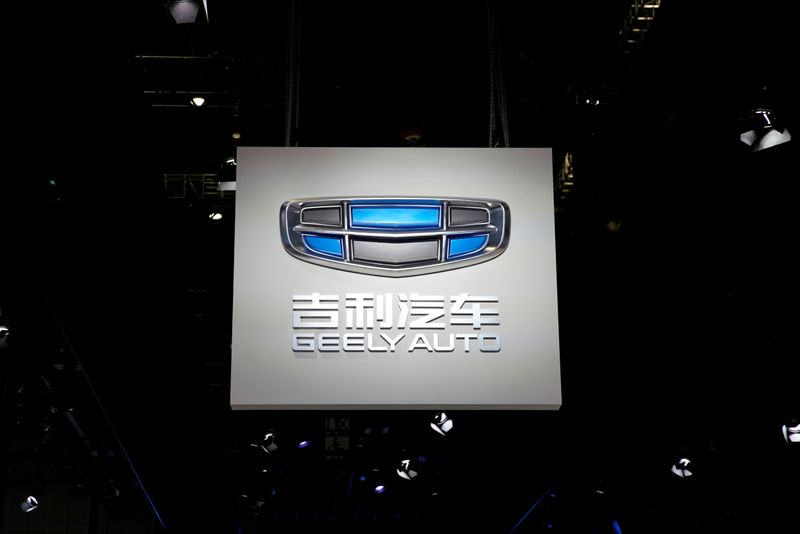China’s Baidu to create an intelligent EV company with automaker Geely By Reuters

BEIJING (Reuters) – China’s search engine giant Baidu Inc (NASDAQ:BIDU) said it will set up a company to partner with car maker Zhejiang Geely Holding Group to make smart electric vehicles (EV), Baidu said in a statement on Monday.
Baidu, which has been developing autonomous driving technology and internet connectivity infrastructure, said the new EV company will count on Baidu’s intelligent driving capabilities and Geely’s car manufacturing expertise.
Geely will also be a strategic investor in the new company, which will be an independent subsidiary of Baidu, Baidu said in the statement.
Reuters reported Baidu’s plan to form a smart EV company with the help of Geely last week. Sources told Reuters Baidu would hold a majority stake and absolute voting power in the new firm and that Geely would have a minority stake.
Baidu’s move comes as many tech companies around the world are racing to develop smart cars, after Tesla Inc’s success in commercialising EVs.
Internet giants including Tencent Holdings Ltd (HK:0700), Amazon.com Inc (NASDAQ:AMZN) and Alphabet (NASDAQ:GOOGL) Inc have developed auto-related technology or invested in smart-car startups in recent years.
China’s ecommerce giant Alibaba (NYSE:BABA) has formed an EV joint venture with China’s biggest automaker SAIC Motor Corp while China’s Didi Chuxing is making EVs designed for ride hailing services with automaker BYD.
Sources told Reuters last month that Apple (NASDAQ:AAPL) is pushing to design an electric vehicle and batteries, aiming at a possible 2024 launch.
Baidu established its autonomous driving unit Apollo in 2017. The unit mainly supplies technology powered by artificial intelligence and works with automakers such as Geely, Volkswagen (DE:VOWG_p) AG, Toyota Motor Corp and Ford Motor (NYSE:F) Co.
Baidu operates autonomous taxi service Go Robotaxi with safety drivers on board in Beijing, Changsha and Cangzhou, and plans to expand to 30 cities in three years. It gained approval last week to test five cars in Beijing without safety drivers.

